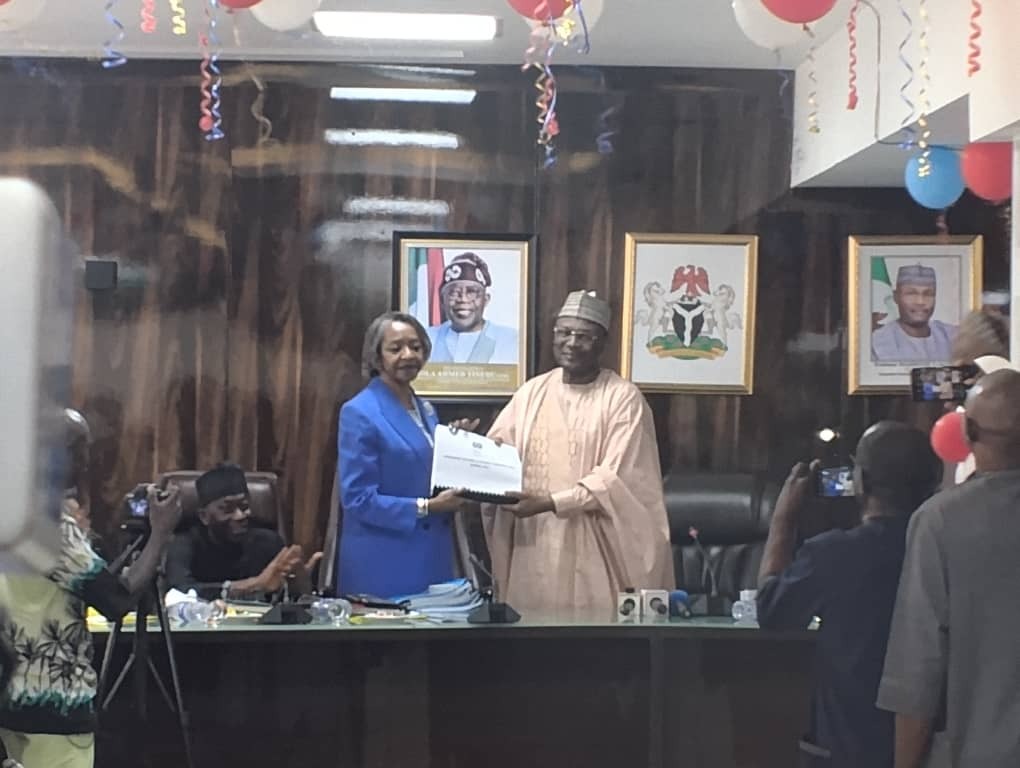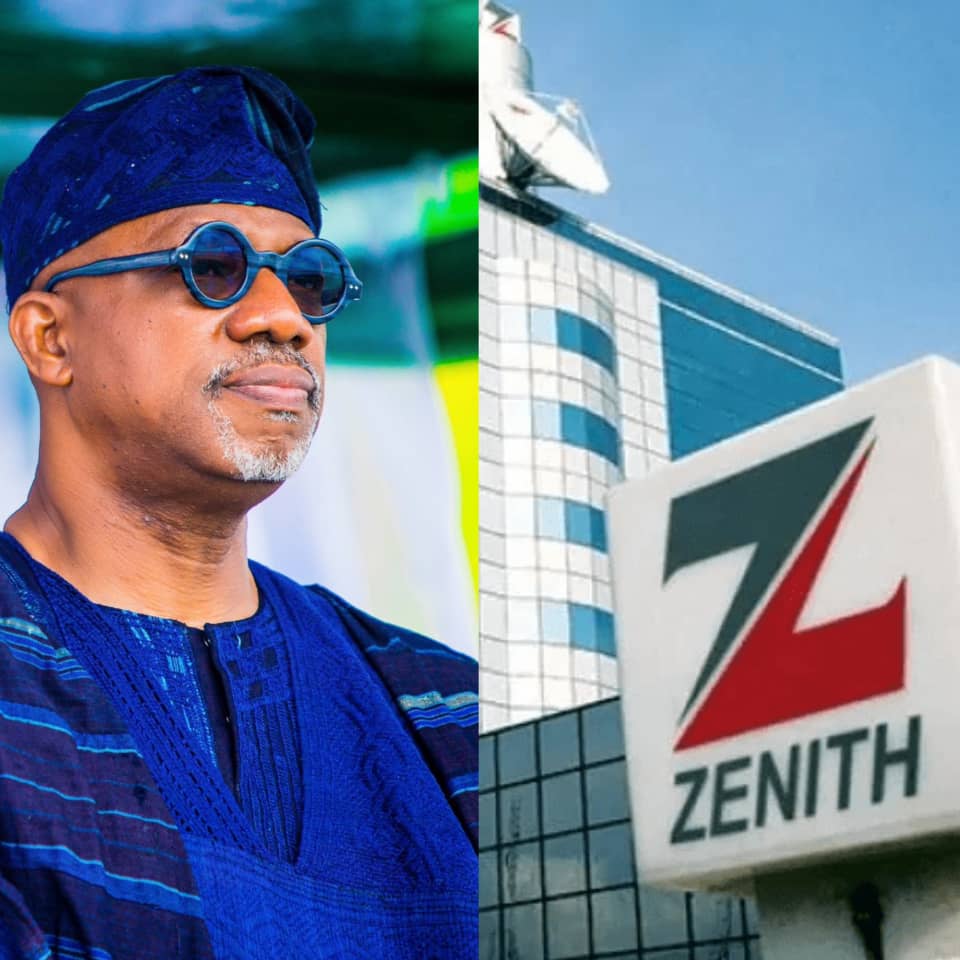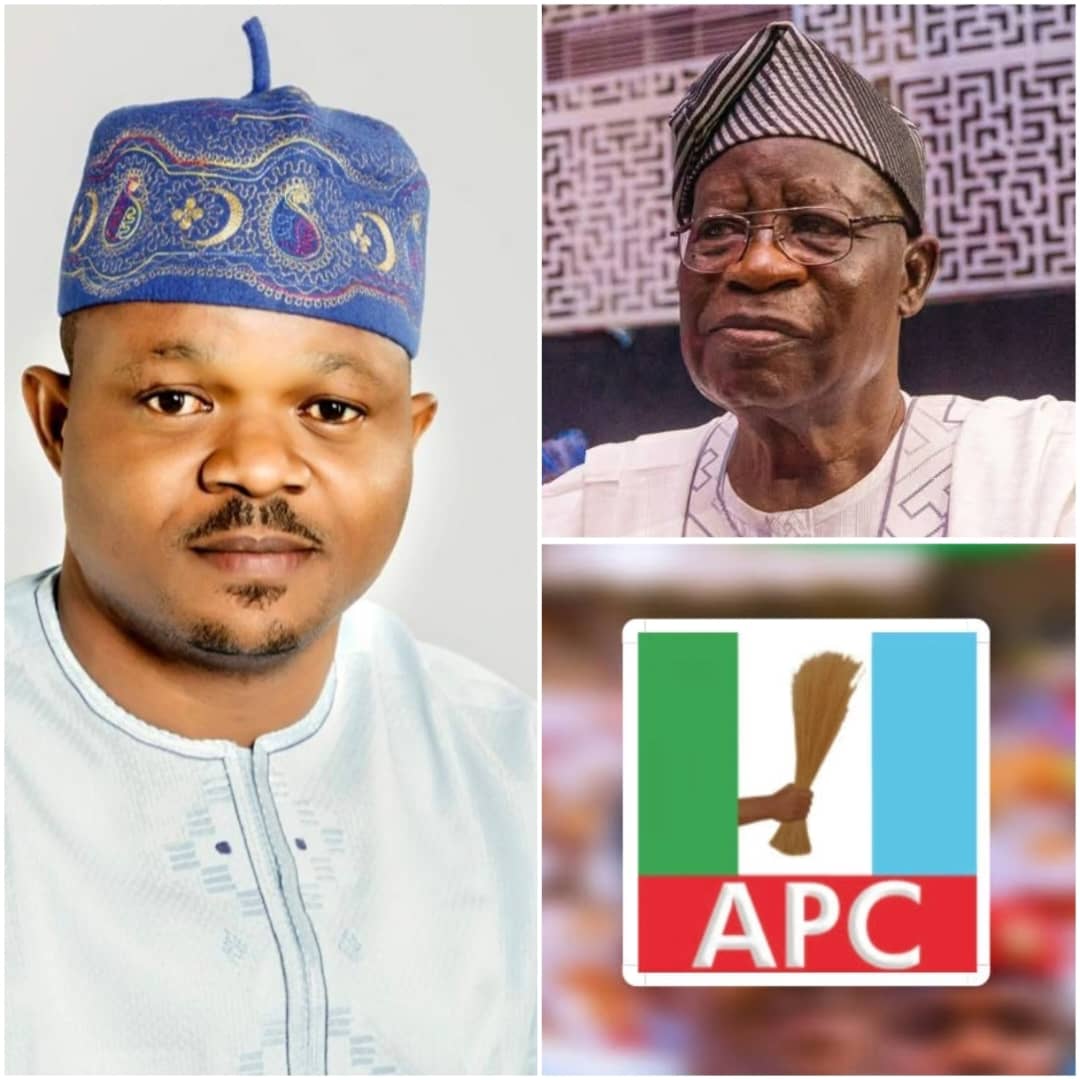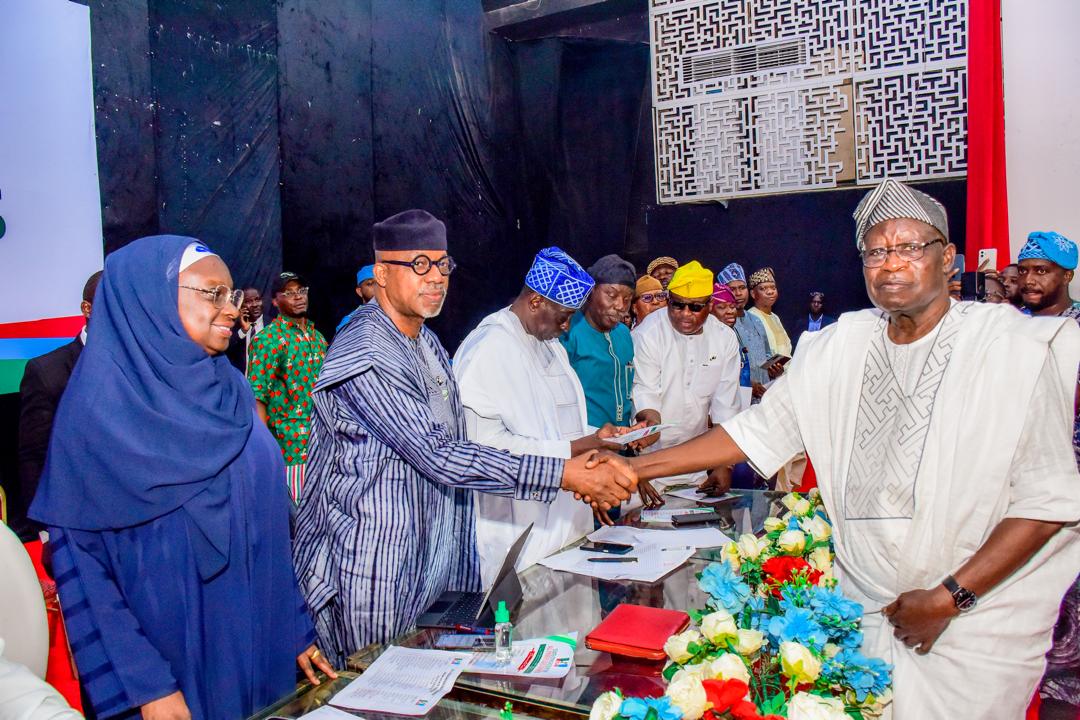INEC Boss Mahmood Yakubu Bows Out After Eventful Tenure

…Reactions Trail Exit as Nigerians Reflect on His Legacy
After nearly a decade at the helm of Nigeria’s electoral body, Professor Mahmood Yakubu has officially stepped down as Chairman of the Independent National Electoral Commission (INEC), drawing the curtain on an era defined by sweeping reforms, high-stakes elections, and intense public scrutiny.
Appointed in November 2015 by former President Muhammadu Buhari, Yakubu presided over two general elections — in 2019 and 2023 — and numerous off-cycle governorship and legislative polls.
His tenure, marked by bold innovations and occasional controversy, reshaped Nigeria’s electoral landscape in ways both celebrated and contested.
Under Yakubu’s leadership, INEC introduced several landmark reforms aimed at strengthening the integrity of the electoral process.
The adoption of the Bimodal Voter Accreditation System (BVAS) and the INEC Result Viewing Portal (IReV) were particularly significant, allowing for biometric verification of voters and real-time transmission of results.
These measures, widely hailed as milestones in Nigeria’s democratic evolution, were first used in the 2020 Edo and Ondo Governorship elections and later expanded nationwide in 2023.
However, technical hitches, particularly during the last general elections, drew criticism from political parties and civil society groups who questioned INEC’s preparedness and transparency.
Despite the controversies, Yakubu defended the commission’s performance, insisting that the innovations “brought Nigeria’s electoral process closer to Global Standards” and that setbacks were part of an evolving democratic system.
Yakubu’s resignation has generated a wave of reactions from across the political spectrum and civil society.
Former President of the Nigerian Bar Association (NBA), Olumide Akpata, described Yakubu’s tenure as “transformative but imperfect,” noting that “for the first time, citizens could track results online — a huge leap for accountability, even if execution fell short in some cases.”
The Centre for Democracy and Development (CDD) commended INEC under Yakubu for deepening the use of technology in elections but urged the next leadership to “build stronger systems that can withstand political pressure and technical disruptions.”
Conversely, some opposition party leaders faulted the outgoing chairman for what they described as “inconsistencies and poor logistics” during the 2023 polls.
A spokesperson for one of the major opposition parties said Yakubu’s departure “should mark a new chapter for INEC to rebuild public trust.”
Within INEC, staff members expressed mixed emotions about Yakubu’s exit. Some praised his commitment to institutional reforms and staff welfare, while others admitted that the commission faced logistical and security challenges that strained operations during major elections.
A senior INEC official, who preferred anonymity, said: “Prof. Yakubu was passionate about reform and integrity. He pushed us hard, sometimes under difficult circumstances.
Whether you agree with his style or not, he changed the face of election management in Nigeria.”
With Yakubu’s exit, attention now shifts to President Bola Tinubu, who is expected to nominate a new chairman subject to Senate confirmation.
Analysts say the incoming leadership will inherit both the gains and challenges of Yakubu’s administration, including issues of electoral credibility, voter confidence, and technology deployment.
Political analyst Dr. Aisha Mohammed noted that “Yakubu’s shoes will be difficult to fill. He modernized the process, but the real task ahead is restoring citizens’ faith in election outcomes.”
As he bows out, Yakubu expressed gratitude to Nigerians for their support, urging continued faith in democratic institutions. “Our democracy is a collective journey,” he said in his farewell remarks. “I urge every Nigerian to defend it, strengthen it, and believe in it.”



